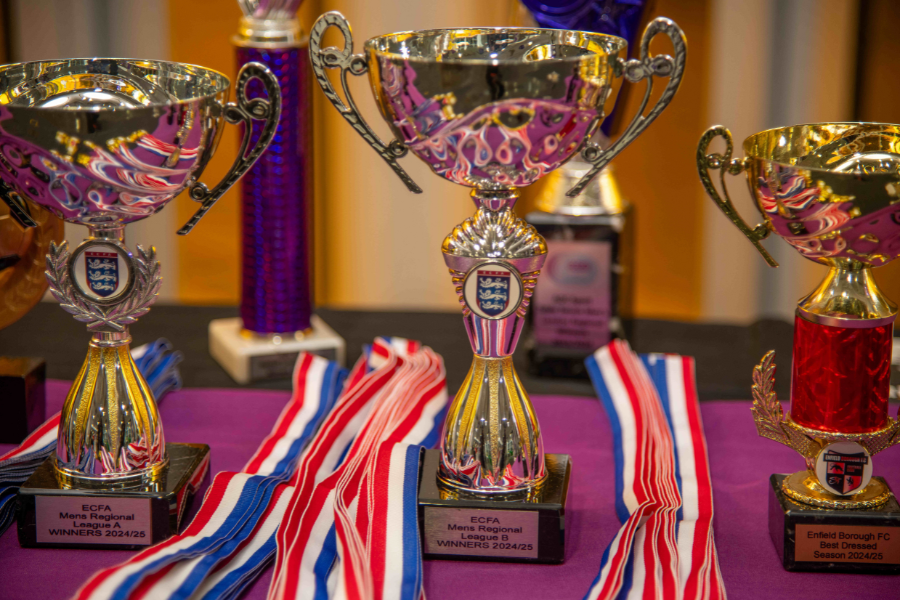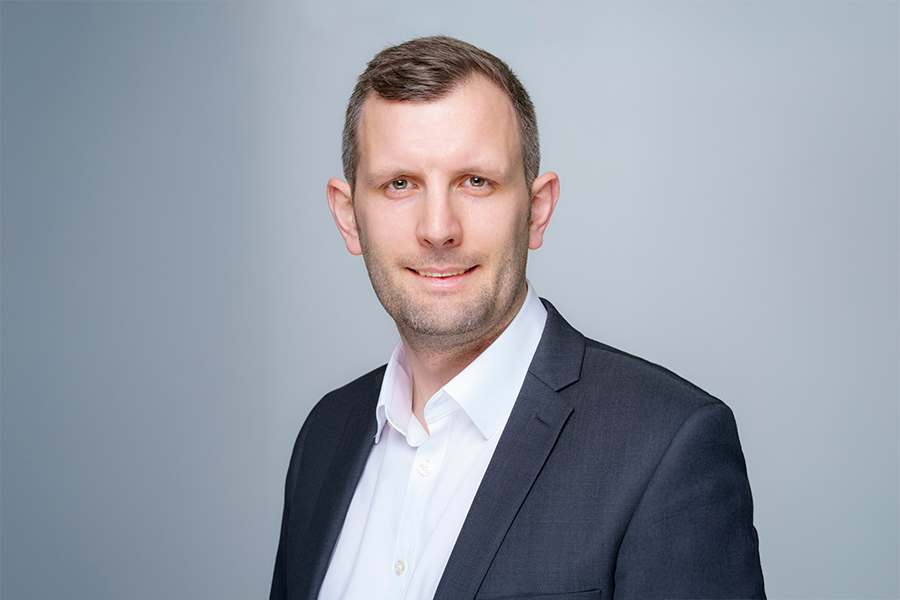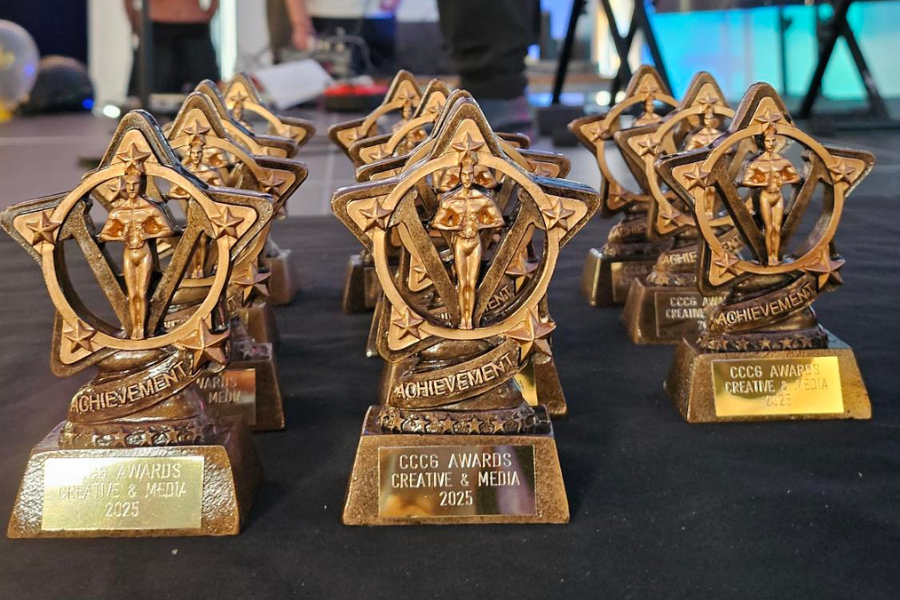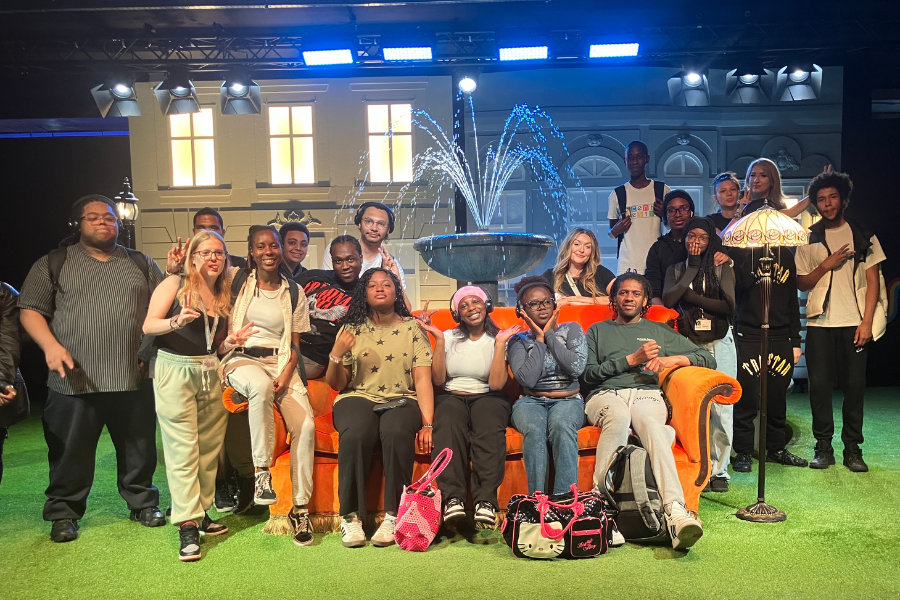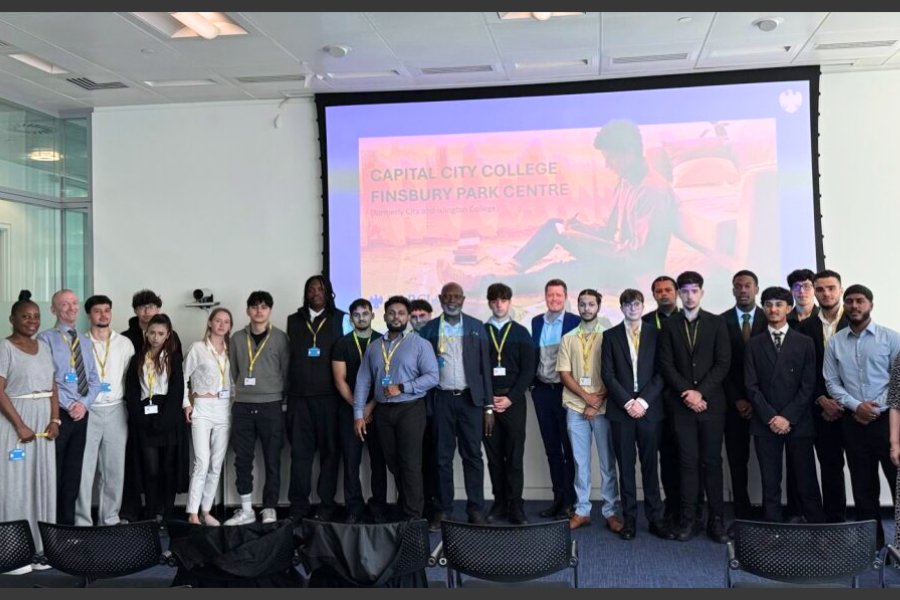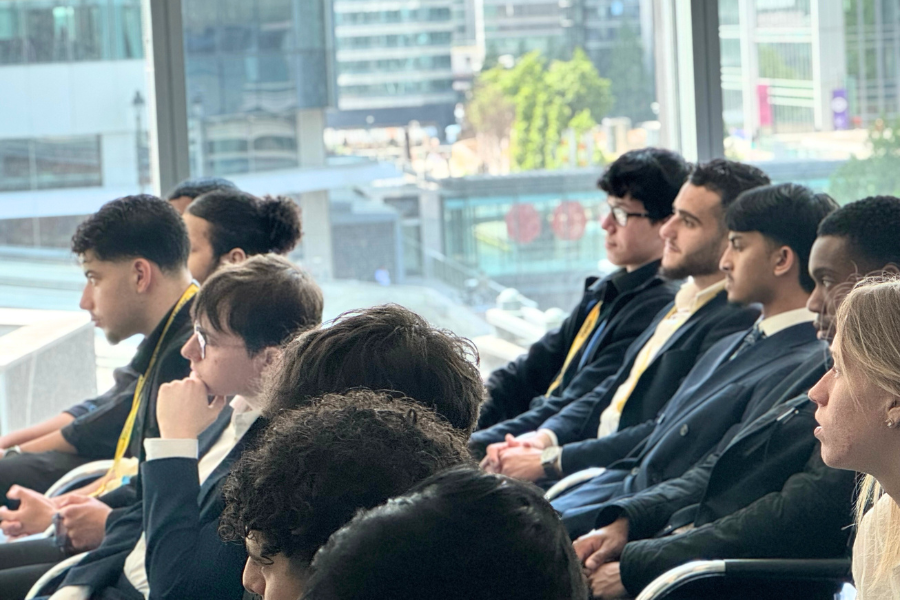Capital City College (CCC) Esports team have won the British Esports Student Champs Nationals in Sunderland for the third year in a row, beating other teams to win in Valorant.

Competing over the weekend in Sunderland, the team went head-to-head with some of the best college Esports teams from across the country. Seven hundred and fifty teams entered this year’s tournament, and only eight participated in the Grand Finals. The games played included Overwatch 2, Rocket League, League of Legends, and Valorant.
Hosted at the National Esports Performance Campus in Sunderland, this comes ahead of the planned 15,000 square foot esports gaming arena due to be built starting in September this year.
CCC’s Esports team were Valorant Champions in 2023, but lost in the final last year, winning the championships instead for League of Legends. Their win in the Valorant final this year marks the third year in a row where the Esports team has won at the championships.
Finlay Stewart, coach of the winning CCC Esports team, said: “This year the team worked really hard. We travelled the country three times to take part in different events, as well as a couple of tournaments across London. The final was difficult on the players because they were the favourites. There was a big expectation on them to win easily, so it added to the pressure of playing on stage in a National Final. After a tricky start they overcame this and played great! We are very proud of everything they achieved this year.”
Daniel Ra, star player of the CCC team and voted Most Valuable Player (MVP) for the tournament, added: “After losing in the final last year we were really upset. So this year we worked hard to make sure that it wouldn’t happen again. Fortunately for us, form is temporary but class is permanent!”
Laila Hassanzadeh, Group Head of School for Computing & ICT and Digital and Computing at Capital City College, said: “As Head of School, I am beyond proud of our unstoppable champions! Winning the national Esports championship for the third consecutive year is not just a victory, it’s a legacy. This historic achievement is a testament to the team’s unshakable passion, relentless discipline, and unbreakable resilience, the very qualities that define excellence at Capital City College.
“A heartfelt congratulations to our extraordinary students, Toan Pham (Curriculum Manager), Finlay Steward (Esports Coach), Cenk Ahmet (Esports Lecturer), Carl Boyd (Assistant Principal), and every single person who supported this journey.
“We haven’t just defended the title, we’ve raised the bar, redefined what’s possible, and ignited the dreams of the next generation of Esports talent. This is more than a win this is history in the making. Let’s keep soaring.”













